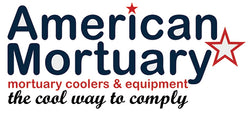Understanding the Cost of Water Cremation: What You Need to Know
Water cremation cost ranges from $1,295 to $4,600, with a national average of approximately $2,500. This eco-friendly alternative to traditional burial methods is typically more expensive than flame cremation but significantly less costly than conventional burial.
| Method | Average Cost | Price Range |
|---|---|---|
| Water Cremation | $2,500 | $1,295 - $4,600 |
| Flame Cremation | $1,600 | $1,100 - $2,000 |
| Traditional Burial | $7,848 | $7,000 - $12,000 |
When families face difficult end-of-life decisions, understanding the financial implications becomes an important part of the planning process. Water cremation (also known as aquamation or alkaline hydrolysis) has gained popularity as an environmentally conscious alternative to traditional burial and flame cremation methods. This gentle, water-based process accelerates natural decomposition and offers several benefits that may justify its cost.
The price of water cremation varies significantly depending on location, provider, and available facilities. In some states like Missouri, services start as low as $995, while in California or Vermont, costs can exceed $3,950. These variations reflect differences in market competition, regulatory requirements, and operational expenses.
I'm Mortuary Cooler, with over 15 years of experience in the funeral service industry specializing in mortuary equipment and water cremation cost analysis for funeral homes across America. My work has focused on helping funeral directors understand and implement cost-effective solutions for modern disposition methods.
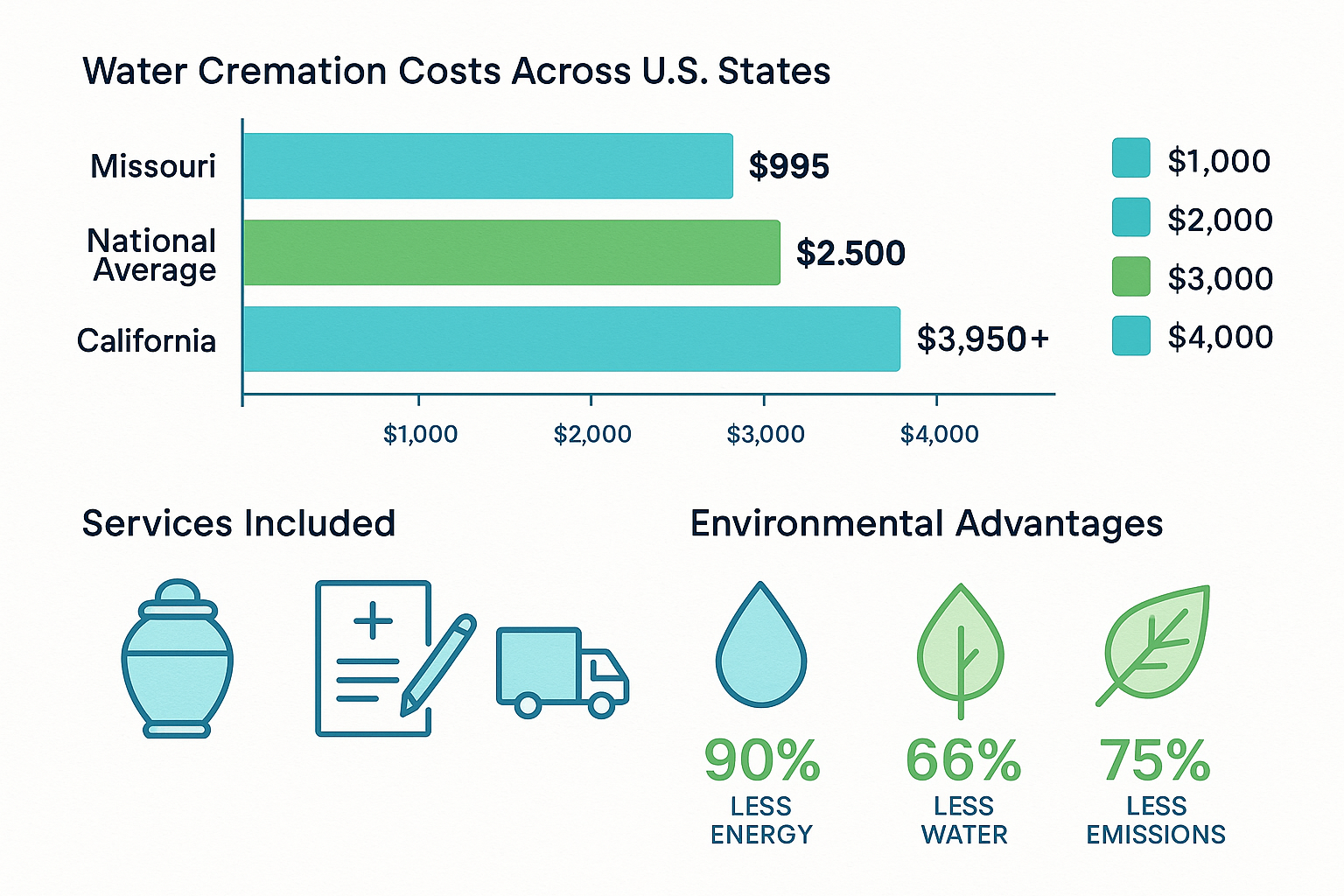
Handy water cremation cost terms:
What is Water Cremation?
Water cremation offers a gentle alternative to traditional flame-based methods, using the power of water rather than fire to return a loved one to their elemental form. Also known as aquamation, bio-cremation, flameless cremation, or resomation depending on where you live, this process represents a modern approach that many find comforting.
At its heart, water cremation is alkaline hydrolysis—a natural process that's been accelerated through thoughtful science. Your loved one is placed in a dignified stainless steel vessel, where a solution of 95% water and 5% alkaline chemicals (usually potassium hydroxide or sodium hydroxide) works to gently break down the body's soft tissues.
The process happens at liftd temperatures around 160°C (320°F), but under pressure to prevent boiling—creating a gentle environment rather than the intense heat of flame cremation. As one funeral director beautifully put it when discussing Nobel Peace Prize winner Desmond Tutu's choice of this method, it's like "putting grannie in a warm bath rather than a hot fire."
This peaceful change takes between 6-20 hours, depending on the specific equipment and settings used. Afterward, what remains are bone minerals, which are processed into a fine powder similar to ashes from traditional cremation—though families often receive 20-30% more remains to cherish.
What makes water cremation cost worthwhile for many families is how it mirrors nature's own processes. Traditional decomposition takes decades, while water cremation accomplishes the same natural cycle in just hours. There's something profoundly beautiful in this thought: "We are born out of water, many times baptized in water, and our bodies are on average 65% water. With aquamation, we return to the earth as part of the cycle of life, our elements reabsorbed as nature intended."
The eco-friendly nature of this process appeals to those who lived their lives with environmental consciousness. Water cremation uses significantly less energy than flame cremation and produces no harmful emissions—just another way to honor a loved one's values even in their final journey.
For those interested in the science behind this gentle process, we've prepared a detailed explanation of alkaline hydrolysis on our website that explores the fascinating details of how water cremation works.
Understanding the Average Cost of Water Cremation
When families begin researching water cremation cost, they often experience a bit of sticker shock at first. Let's be honest – talking about end-of-life expenses isn't exactly dinner conversation, but understanding these costs helps make difficult decisions a little easier.
The national average for water cremation cost hovers around $2,500, though you'll find quite a range depending on where you live and which provider you choose. Some families might pay as little as $1,295, while others could see bills approaching $4,600 for the same basic service.
How does this compare to other options? Traditional flame cremation is typically more affordable, averaging about $1,600 nationwide (usually between $1,100 and $2,000). On the other end of the spectrum, conventional burial remains the most expensive choice by far, with costs averaging $7,848 and often ranging from $7,000 to well over $12,000 when all is said and done.
But what exactly are you paying for with that basic water cremation cost? Most standard packages include several essential services:
- Transportation of your loved one to the facility
- The actual alkaline hydrolysis process
- All required paperwork and permits
- Return of the remains in a simple container
"Many families are surprised to learn that the equipment behind water cremation is significantly more expensive than traditional cremation equipment," explains a funeral director from Colorado. "An alkaline hydrolysis machine typically costs between $180,000 to $270,000, compared to around $130,000 for flame cremation equipment. Those upfront costs inevitably affect the service pricing."
Most facilities offer a "Simple Water Cremation" package starting around $1,995, though regional differences are substantial. In Florida, similar packages might start at $2,980, while some Midwest providers have managed to bring their starting prices down to $1,497.
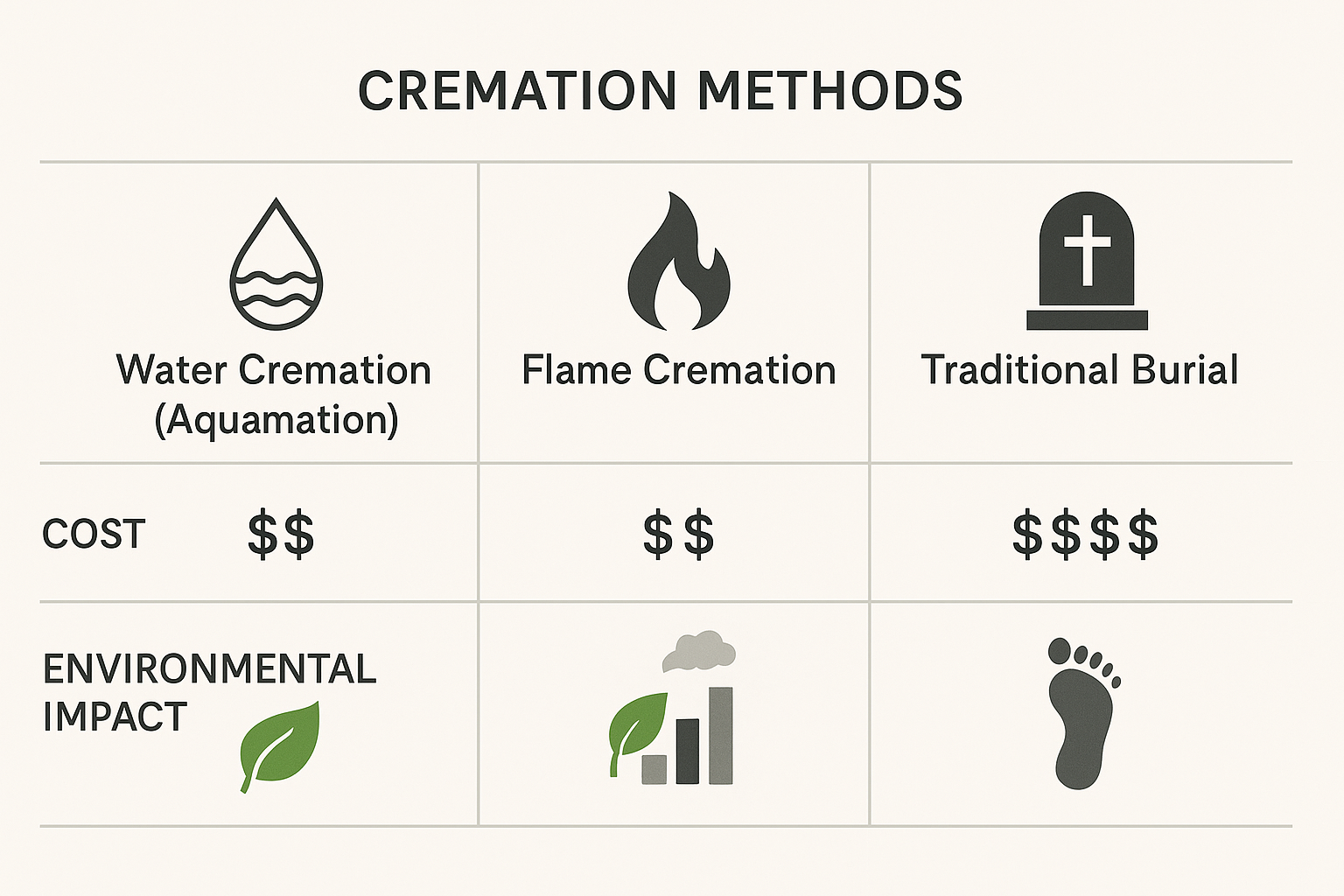
When considering the water cremation cost for your family, the higher price often reflects not just the newer technology involved, but also the environmental benefits that come with this gentler approach. Many families find comfort in knowing they've chosen an option that aligns with their values about environmental stewardship, even if it means spending a bit more.
Factors That Influence Water Cremation Costs
Ever wonder why water cremation cost varies so much from one funeral home to another? It's not just random pricing—several important factors come into play when providers set their rates. Let's explore what makes the price tag fluctuate so you can better understand what you're paying for.
Geographic Location
Where you live makes a huge difference in what you'll pay. It's like real estate—location, location, location!
When we looked at pricing across the country, we found some eye-opening differences. Families in Missouri and Washington might pay as little as $995 for water cremation, while those in California face a median price of $3,950—that's 67% above the national median! Vermont residents see the highest costs, with prices reaching up to $4,616.
Why such dramatic differences? It comes down to a mix of state regulations, licensing requirements, and how many providers are competing in your area. Areas with stricter regulations or fewer providers typically see higher prices, while competitive markets tend to offer better rates.
Equipment and Operational Costs
Those sleek alkaline hydrolysis machines don't come cheap! Funeral homes invest between $180,000 and $270,000 for water cremation equipment—significantly more than traditional flame cremation equipment costs.
Beyond the equipment itself, providers have ongoing expenses that factor into your final bill. They're paying for water and alkaline solutions, energy to maintain proper temperatures, regular maintenance for their specialized equipment, and proper wastewater management. All these costs get passed along to families in the form of service fees.
Market Demand and Competition
When water cremation is newly legalized in a state, prices tend to start high and gradually decrease as more providers enter the market. It's basic supply and demand.
As one funeral director in Vermont told us: "When you're one of only a few providers offering this service, and your initial investment is substantial, the pricing structure must account for a slower return on investment due to limited volume."
In states where water cremation has been available longer and more funeral homes offer it, competitive pricing tends to bring costs down over time.
Direct vs. Third-Party Services
Some funeral homes have their own water cremation equipment on-site, while others partner with third-party providers. This distinction matters for your bottom line.
When a funeral home outsources the service, they typically add a markup of $300-$500 to cover transportation, handling, and administrative costs. Asking whether a funeral home performs water cremation on-site or through a partner can help you understand potential added costs.
Additional Services and Amenities
The basic water cremation cost usually covers the essentials: transportation, the process itself, paperwork, and return of remains in a simple container. But many families choose to add services that increase the final price.
Options like viewing ceremonies, memorial services, premium urns, keepsake jewelry, multiple death certificates, and obituary services each add anywhere from $50 to several hundred dollars to your total. While these additions are entirely optional, they're worth considering when budgeting for final arrangements.
Understanding these factors can help you have more informed conversations with funeral providers and potentially identify opportunities to manage costs while still honoring your loved one's memory in a meaningful, environmentally conscious way.
Comparing Water Cremation Costs Across States
If you're considering water cremation, it's helpful to know that this option is currently legal in 28 states across America. That said, having legal permission doesn't always mean having local access – operational facilities exist in only 17 states right now, with legislation pending in several others.
Let's take a friendly tour across America to see how water cremation cost varies depending on where you call home.
Missouri: The Most Affordable Option
Missouri stands out as a budget-friendly choice for families considering water cremation. With prices starting at just $995, Missouri's services come in about 12% below the national median. If affordability is your primary concern, the Show-Me State certainly has something worth seeing.
"We're proud to offer this environmentally friendly option at a price point most families can manage," explains one Missouri funeral director. "Our goal is making sustainable choices accessible to everyone."
California: Premium Pricing
It probably won't surprise anyone that California sits at the higher end of the spectrum. The Golden State's water cremation cost hovers around $3,950—a substantial 67% above the national median. Despite having multiple facilities, California's combination of high operational costs, stringent environmental regulations, and liftd real estate prices all contribute to this premium pricing.
Vermont: The Highest Recorded Costs
Vermont claims the top spot in our analysis with water cremation services reaching $4,616. That's nearly double the national median! This significant premium reflects both limited competition and the considerable expenses involved in establishing facilities in a state with a smaller population base.
Regional Patterns
Looking at the bigger picture reveals some interesting geographic trends. Midwestern states generally offer more wallet-friendly options, while coastal states tend to command higher prices. Southern states fall somewhere in the middle, though with notable variations from one location to another.
Here's a snapshot of water cremation cost ranges across some states where the service is legal:
- Alabama: $1,795
- California: $2,800-$3,950
- Colorado: $2,495-$3,200
- Florida: $2,980-$3,500
- Georgia: $1,895
- Illinois: $2,200-$2,800
- Minnesota: $2,395-$2,895
- Missouri: $995-$2,095
- Nevada: $2,295
- Oregon: $1,895-$2,295
- Texas: $2,495
- Washington: $995-$2,495
If you're interested in water cremation but find it's not available in your area, don't worry – there are options. Some families arrange transportation to neighboring states with available facilities. While this adds some complexity and potential costs, many find it worthwhile for this gentle alternative.
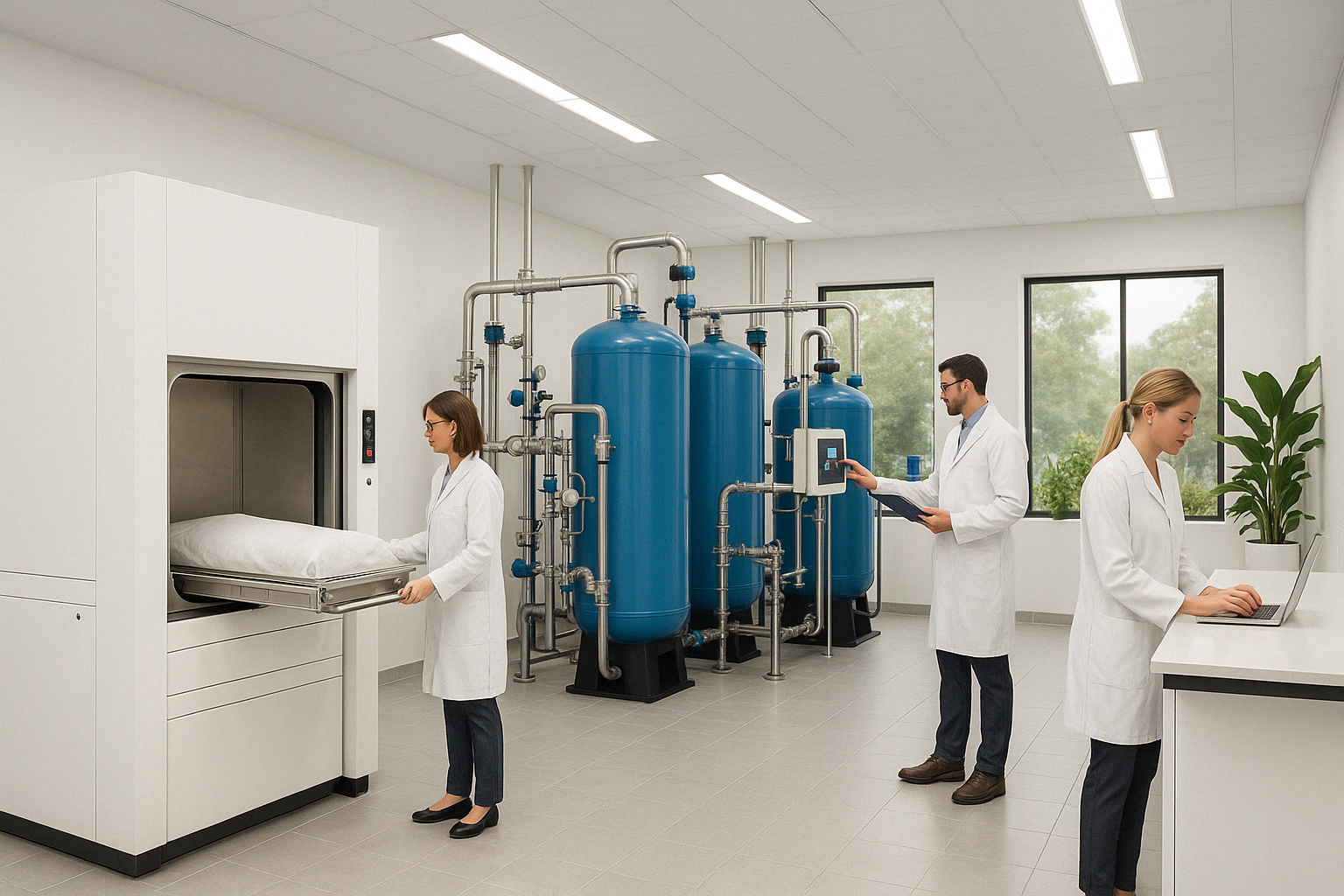
Before making any arrangements, it's always best to check the current legal status and facility availability in your state, as the landscape of water cremation is evolving rapidly as more people find this environmentally friendly option.
Hidden Fees and Additional Costs in Water Cremation
When families research water cremation cost, they often focus on the base price without realizing there may be several additional expenses that can significantly impact the final bill. Understanding these potential hidden fees ahead of time can prevent unwelcome financial surprises during an already emotional period.
Common Additional Expenses
Nobody likes unexpected costs, especially during the difficult time of arranging final services for a loved one. Beyond the basic water cremation cost, several common add-ons might appear on your final invoice.
Transportation fees often catch families by surprise. Most providers include transportation within a certain radius (typically 25-30 miles), but if your loved one needs to be brought in from further away, expect to pay somewhere between $2-$4 per mile beyond that service area. For someone located 50 miles beyond the included radius, this could add $100-$200 to your bill.
"We always recommend asking about the service radius upfront," says one funeral director. "Many families don't realize their location might incur additional fees until they see the final bill."
Refrigeration becomes necessary if there's any delay before the water cremation can take place. At $50-$100 per day, these costs can accumulate quickly if there are scheduling delays or if family members need extra time to gather.
Many families find comfort in witnessing the beginning of the process, similar to a traditional cremation witnessing. This personal touch often comes with an additional charge of $100-$300, depending on the facility and the accommodations they provide for the family.
Time can also impact your costs. If you need expedited service—perhaps for religious reasons or to accommodate traveling family members—providers typically charge $200-$500 for rushing the process.
While a basic container for remains is usually included in the base water cremation cost, many families choose to upgrade to more decorative or meaningful urns. These can range from $50 for simple designs to several hundred dollars for custom or artistic pieces.
Don't forget about death certificates! Official copies usually cost $10-$25 each depending on your state, and you'll likely need multiple copies for handling financial matters, insurance claims, and property transfers.
How to Avoid Unexpected Costs
Getting caught off guard by hidden fees is frustrating, but there are practical ways to ensure transparency in water cremation cost.
Always request itemized pricing before making arrangements. A reputable provider should be happy to share a detailed breakdown of all services and fees. If someone seems reluctant to provide this information, consider it a red flag.
When comparing providers, look for all-inclusive packages rather than focusing solely on the lowest advertised price. Sometimes a slightly higher package price actually represents better value when all potential add-ons are considered.
Have honest conversations about potential scenarios that might affect your final bill. Ask questions like: "What happens if we need more time before the cremation?" or "Are there additional costs if family members decide later they want to witness the process?"
Most importantly, get everything in writing. Ensure all agreed-upon services and prices are clearly documented in your contract before proceeding.
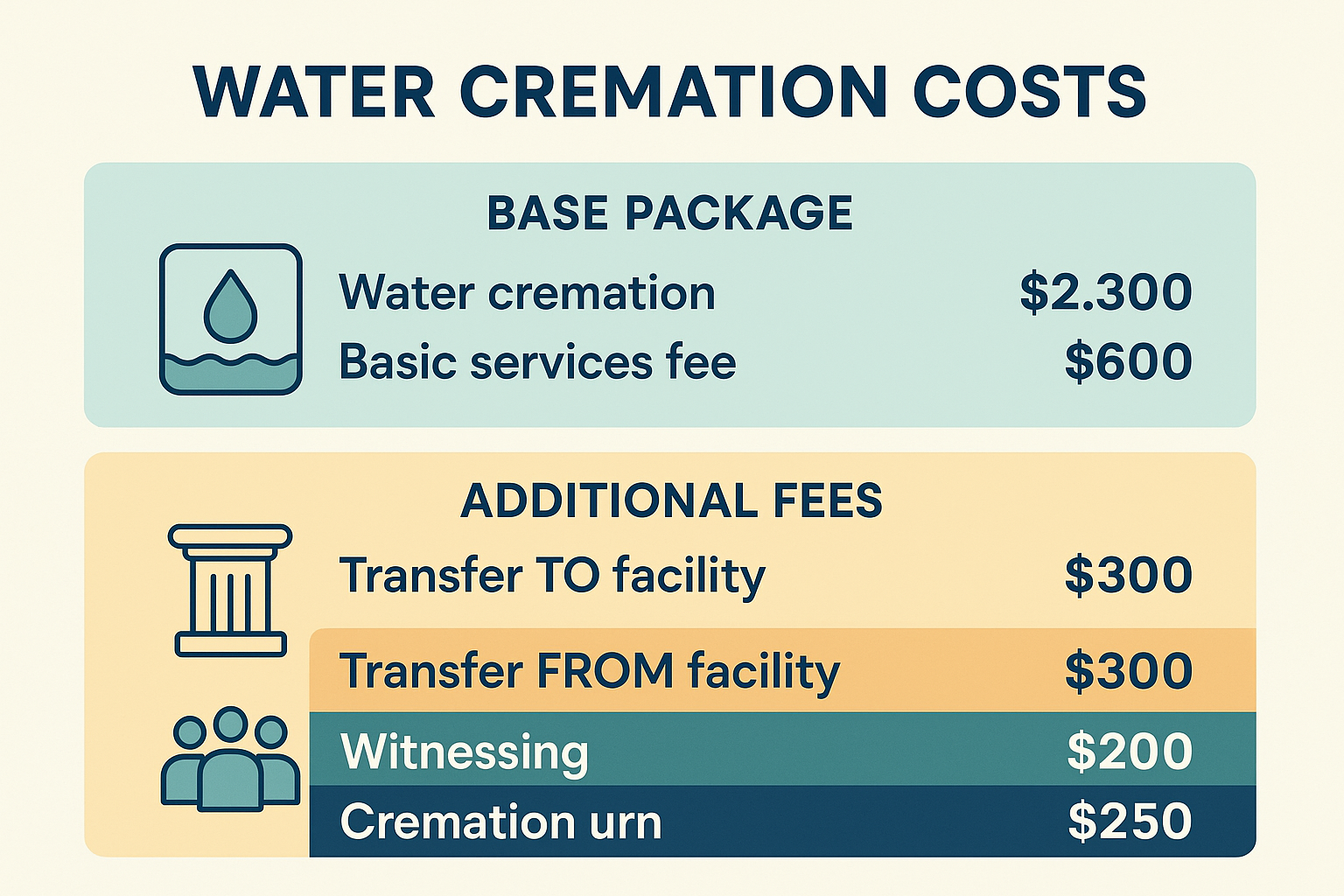
Case Study: Transparent Pricing
A water cremation provider in Colorado offers an excellent example of transparent pricing. Their all-inclusive package at $2,495 clearly states everything that's included:
- Transfer from place of death (within 25 miles)
- Refrigeration for a standard period
- The complete water cremation process
- Filing of death certificate (certificate copies extra)
- A simple container for the remains
- Return of remains to the family
They also clearly list potential additional charges:
- Mileage beyond 25 miles: $3.50/mile
- Expedited return of remains: $195
- Witnessing: $275
- Weekend/holiday service: $350
This level of transparency allows families to accurately budget for the service they desire without worrying about surprise expenses later. When researching providers, look for this kind of detailed pricing information as a sign of a trustworthy operation.
By understanding all potential costs associated with water cremation upfront, families can make informed decisions that honor their loved one while respecting their financial boundaries.
Environmental Benefits Justifying the Cost
When families consider the slightly higher water cremation cost compared to flame cremation, many find comfort in knowing they're making an environmentally responsible choice. The ecological advantages of this gentle process aren't just marketing claims—they're substantial, measurable benefits that honor both the deceased and the planet they leave behind.
Reduced Energy Consumption
Water cremation stands out as remarkably energy-efficient. The process uses just 10% of the energy required for traditional flame cremation—a difference that adds up quickly.
"We often explain to families that water cremation consumes approximately 7 cubic meters of natural gas versus the 92 needed for flame cremation," shares one funeral director from Oregon. "The electricity usage follows a similar pattern—about 9 kWh compared to 29 kWh for traditional methods."
This impressive efficiency translates directly into a 75% smaller carbon footprint. For environmentally conscious families, this reduction often feels like a meaningful final gift to the planet.
Elimination of Harmful Emissions
Perhaps one of the most compelling advantages of water cremation is what it doesn't produce. Traditional flame cremation, while better than conventional burial in many ways, still releases several concerning substances into our atmosphere.
Mercury from dental fillings vaporizes during traditional cremation, entering our air and eventually our water systems. Similarly, the combustion process releases carbon dioxide and other greenhouse gases, along with particulate matter that affects air quality.
Water cremation neatly sidesteps these issues entirely. There's no combustion, so no airborne mercury is released. No smoke means no particulate pollution. And without flames, there are no combustion byproducts to worry about.
As Samantha, who chose water cremation for her father, told us: "Dad was an environmental scientist his whole career. Knowing his final act wouldn't contribute to the pollution he spent his life fighting just felt right, even if it cost a bit more."
Water and Resource Conservation
While the name "water cremation" might suggest excessive water usage, the reality is quite different. The entire process uses less water than a typical American household consumes in a single day.
Even more impressive, about 95% of the water used can be reclaimed as bio-nutrient fertilizer. The liquid effluent is completely sterile, containing no DNA or pathogens, and can safely return to the ecosystem through normal wastewater treatment systems.
"When I explain to families that the water used isn't wasted, but instead returns to nurture new life, there's often a beautiful moment of recognition," notes a funeral director from Washington state. "That cyclical nature resonates with many people's spiritual beliefs, regardless of their religious background."
Preservation of Resources
Water cremation offers several additional resource benefits that many families find meaningful. Medical implants such as pacemakers, hip replacements, and dental fillings remain intact after the process and can be recycled—something impossible with flame cremation.
The process also eliminates the need for embalming chemicals, which can eventually leach into soil and groundwater from traditional burials. And compared to conventional burial, water cremation dramatically reduces land use—an increasingly important consideration as cemetery space grows scarce in many areas.
"When a low environmental impact is a top priority," explains one aquamation provider, "water cremation is the eco-friendly answer."
For many families, these environmental benefits represent more than just practical advantages—they offer emotional comfort during a difficult time. As one daughter shared after her mother's water cremation: "Knowing that Mom's final act would be gentle on the planet she loved so much gave our family great comfort, even if it meant paying a bit more."
For those interested in learning more about how water cremation might become an increasingly popular option, we've prepared a detailed article on the environmental benefits and future potential of this method.
Water Cremation and Insurance Coverage
When families consider water cremation cost, one of the most pressing questions is whether their existing insurance policies will cover this newer disposition method. The answer isn't always straightforward, but understanding your coverage options can help avoid financial surprises during an already difficult time.
Insurance Policy Coverage
Most traditional life insurance policies provide a death benefit that beneficiaries can use for any end-of-life expenses, including water cremation. However, the specifics vary considerably depending on your policy type:
Standard life insurance typically pays a lump sum that families can use at their discretion. These policies rarely specify which disposition methods are covered, giving beneficiaries the freedom to choose water cremation if desired. The flexibility of these policies makes them ideal for those considering newer disposition options.
Final expense insurance, designed specifically to cover funeral and disposition costs, generally includes water cremation in newer policies. However, older policies might contain language that specifically mentions only traditional burial or flame cremation. As one policyholder finded: "My mother's final expense policy from 1998 specifically mentioned 'traditional cremation services,' which created confusion when we chose water cremation. Fortunately, our insurer recognized it as a cremation method after we provided documentation."
Preneed funeral insurance, purchased directly through funeral homes, covers water cremation only if it was included in the original plan and if the chosen funeral home offers the service. These policies are the most specific, so it's worth checking the details carefully.
Pre-Need Funeral Plans
If you've already invested in a pre-need funeral plan, your coverage for water cremation cost depends on several factors:
Guaranteed plans that explicitly include water cremation offer the most protection, covering the full cost regardless of price increases over time. This provides valuable peace of mind for those who've decided on water cremation well in advance.
Non-guaranteed plans function more as a savings vehicle toward funeral expenses. If the fund doesn't cover the full cost of water cremation, your family would need to pay the difference. These plans offer less certainty but still provide financial assistance toward your chosen disposition method.
Transferability becomes important if your pre-need plan was established with a funeral home that doesn't offer water cremation. Most plans can be transferred to providers that do offer this service, though there may be administrative fees involved. As one funeral director advised: "Don't assume you're locked into a provider that doesn't offer your preferred disposition method. Most pre-need plans are transferable, giving families more options as new technologies become available."
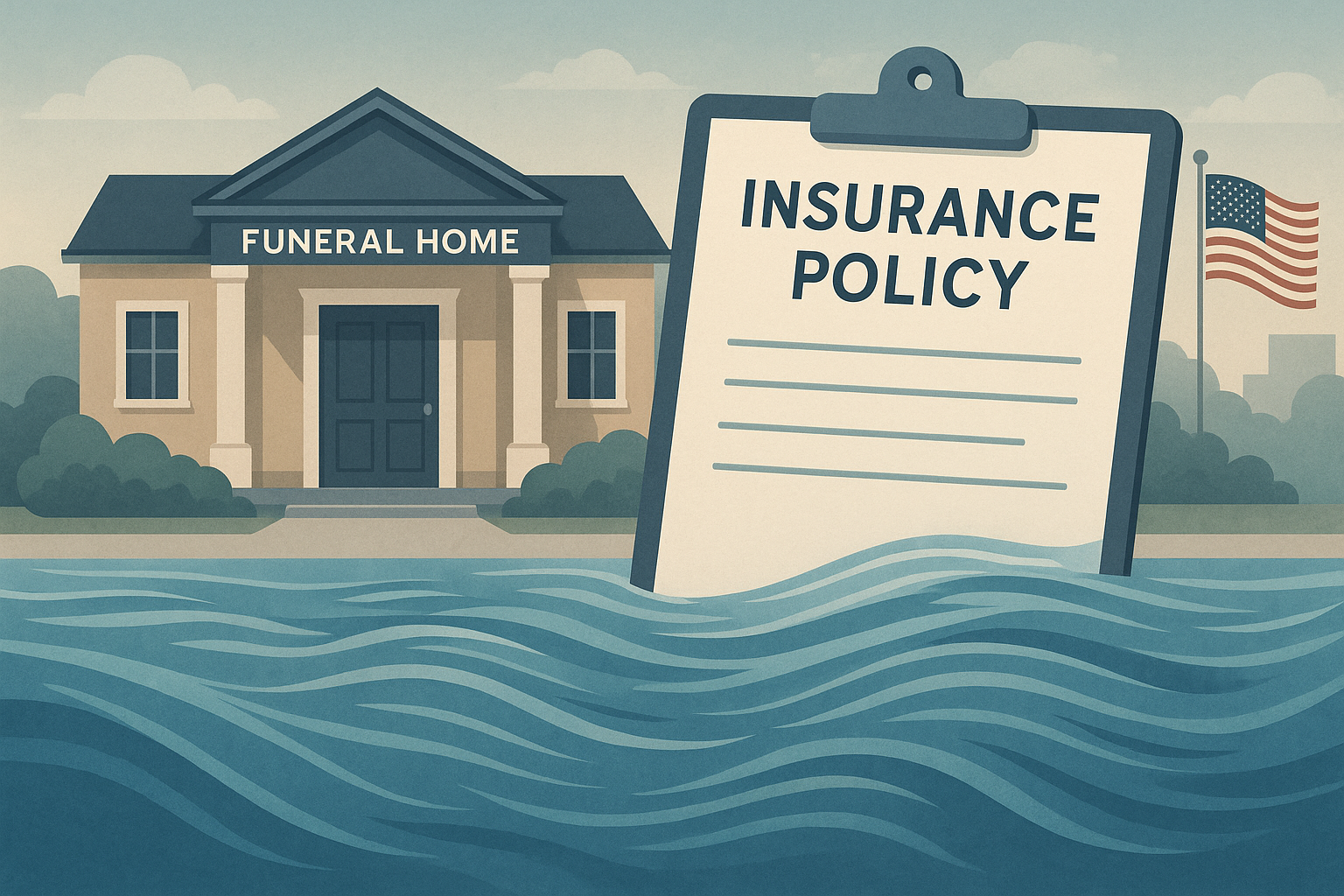
Working with Insurance Providers
When using insurance to cover water cremation cost, a few practical steps can make the process smoother:
Verification is typically handled by funeral homes, who will check your policy benefits before proceeding with services. This helps prevent situations where families mistakenly believe they have coverage they don't.
Assignment of benefits allows funeral homes to receive payment directly from insurance companies, reducing the financial burden on families during their time of grief. Most water cremation providers are experienced in handling these arrangements, making the process relatively seamless.
Be aware of waiting periods, as some insurance policies won't cover disposition costs until the policy has been in effect for a certain period, often 2-3 years. This is particularly common with policies that don't require medical underwriting.

The language in your policy matters significantly. As one insurance specialist explained to me: "Always check your policy's specific language regarding 'alternative disposition methods' or 'cremation services.' Newer policies tend to use broader language that encompasses water cremation, while older policies might specifically reference only flame cremation."
If you're specifically planning for water cremation, it's worth contacting your insurance provider directly to confirm coverage. Some companies have updated their internal policies to include water cremation even if their older policy documents don't explicitly mention it. Taking this proactive step can save your loved ones from confusion during an already difficult time.
Cost of Water Cremation for Pets vs. Humans
Many pet owners are surprised to learn that the gentle process of water cremation isn't just for humans—it's also becoming increasingly popular for beloved animal companions. However, the water cremation cost varies significantly between pets and humans, primarily due to size differences and regulatory requirements.
Pet Aquamation Costs
When it comes to our furry family members, water cremation cost is considerably more affordable than human services. Small pets under 20 pounds typically range from $25-$150, while medium-sized pets between 20-90 pounds generally cost $150-$350. For large pets over 90 pounds, expect to pay between $350-$500.
These more modest price points often come as a relief to grieving pet owners. As one veterinarian explained to me, "Many families are comforted knowing they can provide this gentle, eco-friendly option for their companions without breaking the bank."
Comparing Human and Pet Services
Though the fundamental process remains similar, several key differences explain the substantial price gap between human and pet water cremation services.
Human water cremation must take place in licensed funeral establishments or crematories with significantly higher overhead costs than pet facilities. The regulatory landscape is vastly different too—human disposition requires extensive paperwork, permits, and death certificates, which add layers of administrative costs not present for pets.
Transportation represents another notable difference. Human remains transportation follows strict regulations and typically requires specialized vehicles, while pet transportation operates under more relaxed guidelines. Even the ceremonial aspects differ, with human remains typically presented in higher-quality containers with more formal handling procedures.
"The equipment itself is essentially the same technology," explains one provider who offers both services, "but the human-grade machines are larger, must meet more stringent safety standards, and operate under much tighter regulatory oversight—all factors that drive up the water cremation cost."
Combined Services
Interestingly, a growing trend is emerging across the country—some facilities now offer combined packages for people who wish to be cremated with their pets' remains. While this practice remains subject to varying state regulations, it reflects the deep bonds many people share with their animal companions.
One pet owner shared a touching perspective: "After researching the gentle nature of aquamation, I chose it for my dog of 15 years. When I learned it was available for humans too, albeit at a higher cost, I immediately updated my own end-of-life plans. The environmental benefits and the thought of the same peaceful process give me comfort."
This sentiment reflects what many funeral directors are noting—families who experience water cremation for their pets often become interested in the option for themselves, despite the higher water cremation cost for human services.
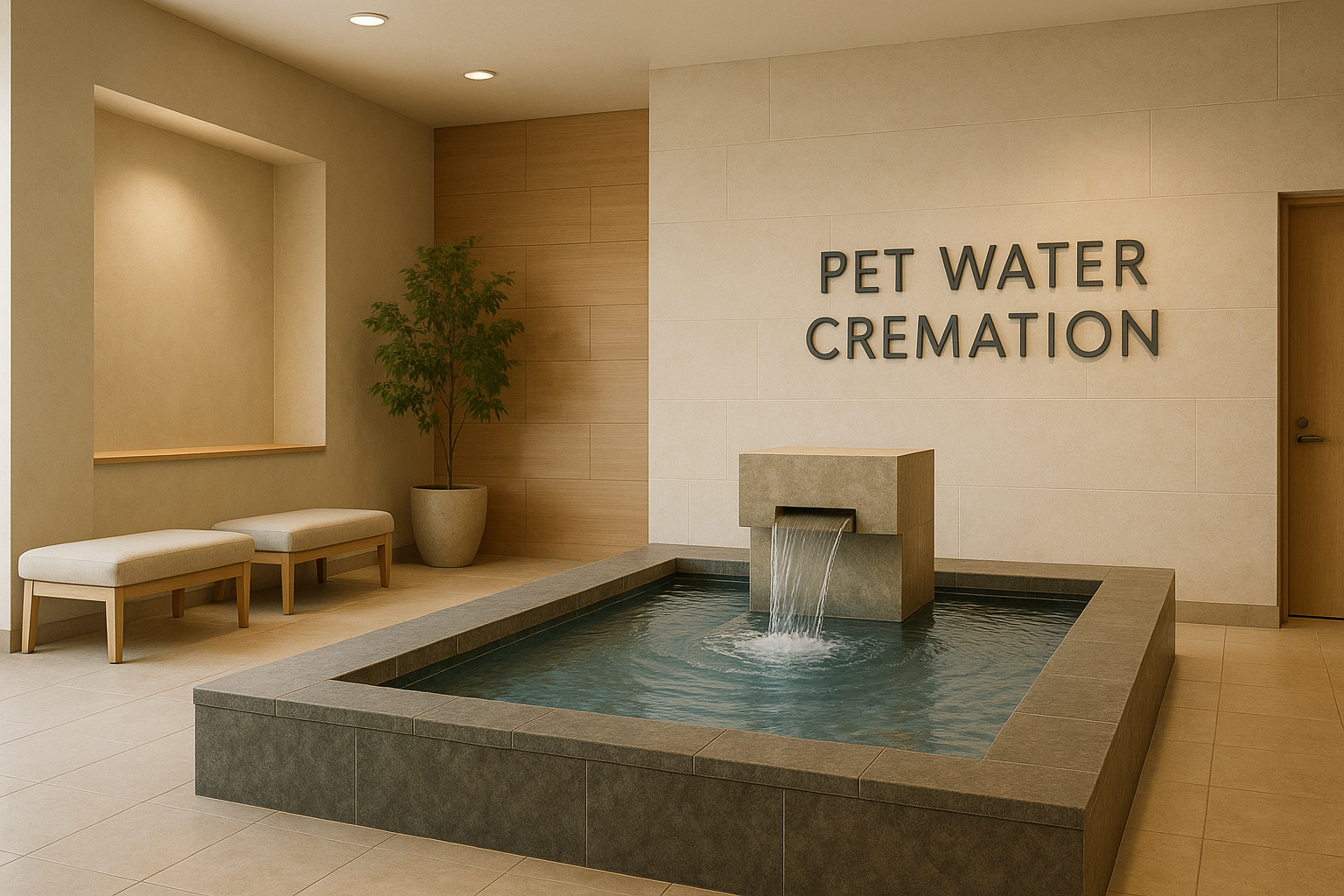
Whether for a beloved pet or a human family member, water cremation offers the same gentle, environmentally conscious approach to final disposition—just with different price points reflecting the unique requirements of each service type.
Potential Cost Savings and Financial Assistance
When families consider the water cremation cost, they often focus on the initial price tag. However, looking at the bigger picture reveals significant potential savings compared to traditional burial options, along with various financial assistance programs that can make this eco-friendly choice more accessible.
Comparative Savings Over Traditional Burial
Water cremation may seem more expensive than flame cremation at first glance, but when compared to traditional burial, the savings are substantial and meaningful.
Traditional burial comes with a long list of expenses that simply don't apply with water cremation. You won't need embalming services, which typically cost between $500-$700. There's no need for an expensive casket ($2,000-$5,000) or a burial plot ($1,000-$4,000). You can also skip the grave liner or vault that many cemeteries require, saving another $700-$1,000.
Beyond these immediate savings, water cremation eliminates long-term expenses as well. Many families choose simple and meaningful memorial options like scattering gardens or keeping remains at home, rather than purchasing costly headstones that run $1,000-$3,000. You'll also avoid perpetual care fees for grave maintenance, which often start at $500-$1,200 and continue indefinitely.
When all these factors are considered, choosing water cremation over traditional burial can save families anywhere from $5,000 to $10,000 – a significant amount that many find brings peace of mind during a difficult time.
Financial Assistance Programs
Several types of financial assistance can help offset the water cremation cost for eligible families:
Veterans benefits provide a meaningful way to honor those who served. While the VA offers cremation benefits for eligible veterans, coverage specifically for water cremation varies by location. However, the standard benefit can typically be applied toward water cremation services, helping to reduce out-of-pocket expenses for families.
The Social Security Administration provides a modest one-time death benefit of $255 to eligible surviving spouses or dependent children. While this won't cover the entire cost, every bit helps when managing final expenses.
Many counties across America offer indigent disposition programs for families facing financial hardship. These programs typically cover basic disposition costs, though coverage specifically for water cremation varies by location. It's worth contacting your local county services to inquire about available assistance.
Several nonprofit organizations also provide financial help for funeral expenses to families in need. These organizations often have specific eligibility requirements based on factors like income level, cause of death, or geographic location.
Provider-Based Financial Solutions
Many water cremation providers understand that end-of-life expenses can create financial strain and offer solutions to make their services more accessible:
Payment plans have become increasingly common, with some facilities allowing families to spread payments over 3-12 months. Many offer interest-free options if the balance is paid within a certain timeframe, providing breathing room for families managing multiple expenses.
Some compassionate providers offer sliding scale pricing based on financial need and ability to pay. This approach helps ensure that eco-friendly disposition options remain accessible to everyone, regardless of economic circumstances.
Prepayment discounts present another opportunity for savings. By preplanning and prepaying for water cremation, you can often lock in current rates, protecting against future price increases while gaining peace of mind that your wishes will be honored.
Package bundling discounts are worth exploring, especially when multiple family members are preplanning together. Some providers offer reduced rates when several services are arranged simultaneously.
A funeral director in Minnesota shared a touching perspective: "We've implemented a community care program specifically for water cremation, offering reduced rates to families who demonstrate financial need. We believe this eco-friendly option should be accessible to everyone, regardless of financial circumstances."

At American Mortuary Coolers, we're committed to supporting funeral homes that offer water cremation services by providing quality equipment that helps keep operational costs manageable. This ultimately translates to more affordable options for families.
For more information about cost-saving strategies and financial assistance for water cremation, visit our detailed article on cost benefits of water cremation.
Frequently Asked Questions about Water Cremation Costs
How does the cost of water cremation compare to traditional cremation?
When families explore their options, the water cremation cost often raises questions about value. Typically ranging from $2,000 to $3,000, water cremation runs about $500 to $900 more than traditional flame cremation, which averages around $1,600 nationwide.
This price difference isn't arbitrary. Water cremation equipment is significantly more expensive for funeral homes to purchase and maintain. Plus, with fewer facilities offering this service, the limited availability naturally affects pricing.
Many families find the additional investment worthwhile when they consider what they're getting in return. Water cremation returns 20-30% more remains to families compared to flame cremation, which many find meaningful. The process also eliminates mercury emissions from dental fillings, addressing an environmental concern that matters to many.
I recently spoke with a funeral director in Oregon who put it beautifully: "While the upfront cost is higher, many families feel the environmental benefits and the additional remains returned make water cremation worth the premium. It's similar to choosing organic food—there's a small additional cost for what many consider a better option."
Beyond the emotional benefits, the environmental advantages are substantial. Water cremation uses 90% less energy than flame cremation and provides a gentler process that many families find more comforting during a difficult time.
Are there any hidden fees associated with water cremation?
Transparency matters when making end-of-life arrangements, and understanding potential additional costs beyond the base water cremation cost can prevent unwelcome surprises.
Most reputable providers aim to be upfront about their pricing, but several common add-ons might not appear in the advertised base price. Transportation fees often kick in when travel exceeds a certain radius—typically 25-50 miles from the facility—with additional mileage usually charged at $2-$4 per mile.
If your family wishes to view the body before disposition or witness the beginning of the process, expect additional fees ranging from $100-$300 for these services. Similarly, standard processing typically takes 7-10 days from death to return of remains, but expedited service may incur fees of $200-$500 if you need a faster timeline.
While basic packages include a simple container for remains, many families choose to upgrade to more decorative urns, which can add $50 to several hundred dollars to your final bill. Don't forget about death certificates, which cost $10-$25 each depending on your state, and obituary services that may carry additional charges.
To avoid any financial surprises during an already difficult time, always request an itemized price list and specifically ask about any circumstances that might result in additional charges. A good provider will be happy to walk you through all potential costs upfront.
Is water cremation available in my state?
Availability varies significantly across the country, with water cremation cost often reflecting how established the service is in your region. As of 2025, water cremation is legal in 28 states, though only 17 of these currently have operational facilities.
States where you'll find both legal approval and available facilities include Alabama, California, Colorado, Florida, Georgia, Idaho, Illinois, Kansas, Maine, Minnesota, Missouri, Nevada, North Carolina, Oregon, Texas, Vermont, and Washington. In these areas, you'll typically find more competitive pricing due to greater availability.
Several states have legalized the practice but have limited or no facilities yet, including Arizona, Connecticut, Hawaii, Maryland, Michigan, Oklahoma, Tennessee, Utah, West Virginia, and Wyoming. If you live in one of these states, you might need to call around to find a provider.
The landscape is constantly evolving, with Massachusetts, New Jersey, New York, Ohio, Pennsylvania, and Wisconsin currently considering legislation to permit water cremation. Residents of these states might need to wait or consider transportation to neighboring states where the service is available.
If water cremation isn't yet available in your state but aligns with your wishes, some funeral homes can arrange transportation to the nearest state with facilities. This will add to the overall cost but may be worth considering if the environmental benefits are important to you or your loved one.
For the most current information about availability in your specific location, I recommend contacting local funeral homes directly. Legislation and facility availability continue to evolve, and funeral directors typically stay well-informed about options in their region.
Conclusion
Understanding the water cremation cost is an essential part of making informed end-of-life decisions. While the national average of $2,500 represents a premium over traditional flame cremation, the environmental benefits, gentler process, and increased quantity of remains make it a compelling option for many families.
The journey through water cremation costs reveals a landscape as varied as our nation itself. From the affordable $995 options in Missouri to the premium $4,600 services in Vermont, regional differences reflect not just pricing strategies but also the unique regulatory environments and market conditions across America.
What becomes clear is that the environmental advantages of water cremation speak volumes. When families learn about the 90% reduction in energy use and 75% lower carbon footprint, many feel these benefits more than justify the additional investment. As one family told us, "Knowing our choice honored Mom while also honoring the planet she loved gave us tremendous peace."
Transparency remains absolutely crucial when navigating these waters. The basic package price tells only part of the story, and families deserve to understand what additional services might affect their final bill. Having these conversations early helps avoid surprises during an already emotional time.
The good news is that availability continues to expand across the United States. With 28 states now permitting water cremation and several more considering legislation, this gentle alternative is becoming increasingly accessible to American families. The trend suggests that within the next decade, most Americans will have reasonable access to this option.
For families concerned about costs, it's worth exploring the various financial assistance options available. From veterans benefits to provider payment plans and pre-planning discounts, there are pathways to make water cremation more affordable for those facing financial constraints.
At American Mortuary Coolers, we're proud to support funeral homes across the country as they begin offering this innovative service. Based in Tennessee with distribution capabilities spanning all 48 contiguous states, we understand the unique equipment needs that come with implementing water cremation technology.
For funeral directors interested in learning more about the specialized equipment required for offering water cremation services, we invite you to explore our detailed guide on aquamation equipment and essential supplies.
As we look to the future, water cremation stands as a testament to how innovation can honor tradition while embracing environmental responsibility. By staying informed about costs, regulations, and benefits, both families and funeral professionals can make choices that meaningfully honor loved ones while respecting our shared planet and individual budget considerations.
The water cremation cost conversation is ultimately about more than dollars and cents—it's about finding value in choices that align with our values, both personal and environmental. And in that alignment, many families are finding profound comfort during their most difficult moments.
